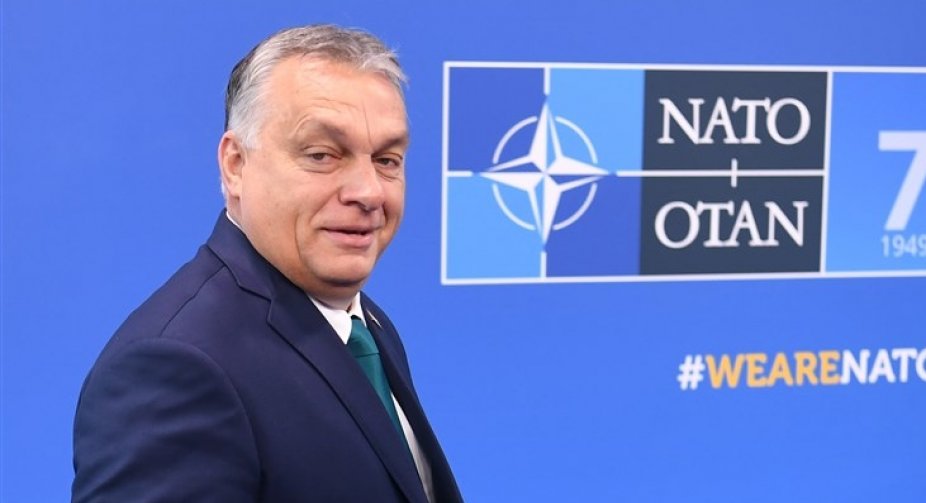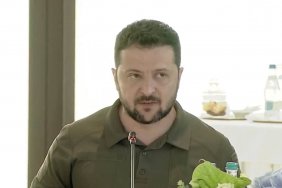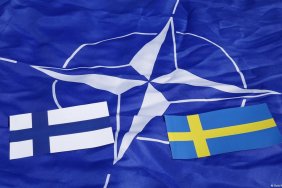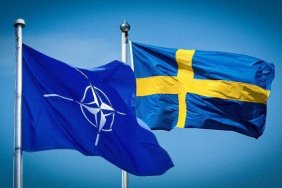The representative of the Hungarian government, Zoltan Kovacs, gave three reasons why, in his opinion, the Hungarian parliament is right to hesitate about Sweden's accession to NATO.
He wrote about this in his blog on the website About Hungary.
Kovacs called the first reason "constant undermining of relations on the part of Sweden". He recalled the recent arguments of the political director of the Prime Minister's office, Baláš Orbán, who stated that representatives of Sweden repeatedly tried to strike at Hungary through diplomatic channels in order to harm Hungarian interests.
"There is a declared and openly hostile attitude that has been going on for years, even before the current events," a representative of Orbán's government is convinced.
The second argument, according to Kovacs, is Sweden's "perceived moral superiority," which, he writes, "is laughable at best."
"I would like to kindly remind the dear reader that it was not the "xenophobic" Hungarian state and not its "despotic regime" that openly burned the Koran in the middle of the negotiation process regarding Sweden's accession to NATO, a process in which a large Muslim state participated," he wrote speaker.
The third reason, according to Kovach, is "lack of respect". In this context, he emphasized that the Hungarian government considered it necessary to send a parliamentary delegation to Sweden to discuss the issues that concern Budapest.
"However, the Swedish government doesn't seem to care. According to Politico, Swedish officials viewed Hungary's efforts at reconciliation as a 'blackmail tactic', saying that succumbing to such attempts is tantamount to paying a 'ransom,'" Kovacs wrote.
According to him, "the Swedes should start changing their tone."
"Time is running out, and since the security of the region hangs in the balance, it would be in everyone's best interest for the Swedes to start supporting our common goals. But it seems they are not letting go of this grudge yet," Kovacs said.
Earlier, Orbán's government stated that, in exchange for the ratification of the protocol on Sweden's accession, Hungarian MPs expect "assurances" from it regarding non-interference in Hungary's internal politics.
The Minister of Foreign Affairs of Sweden, Tobias Billström, responded that Stockholm would not give any obligations to Hungary.
Hungary and Turkey remain the only ones out of 30 NATO countries that have not yet approved Sweden's application to join the Alliance. It is not yet known when the two countries may do so.






